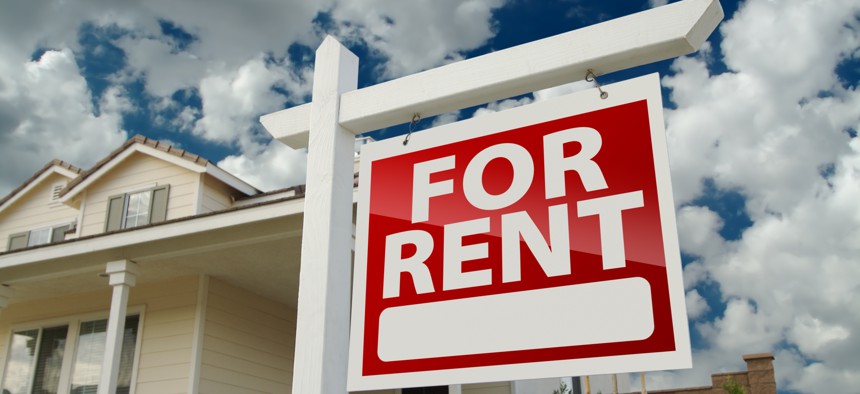Report: Government Policies Need to Boost Stability for Renters and Property Owners

iStock.com/Feverpitched
An Urban Land Institute report offers a framework for evaluation and implementation of policies to improve short- and long-term housing security.
Policymakers and housing advocates have addressed housing stability among renters during the pandemic through federal and local policies such as rent regulation, tenant protections and reforms to eviction processes, while the Biden administration sent billions of dollars to Americans to help with rent payments.
But as the U.S. emerges from the pandemic, federal, state and local governments must tailor policies to improve both short- and long-term stability for both renters and property owners, while also ensuring the availability of high-quality rental units through production, preservation and stewardship of properties, according to a report by the Urban Land Institute Terwilliger Center for Housing.
The report says that evictions nationwide during the past two years were half of what they were in 2019 because of moratoriums and other financial supports. Last January, the Treasury Department launched a $25 billion Emergency Rental Assistance Program for the millions of Americans behind on their rent payments.
The “eviction tsunami” that was expected when the federal eviction moratorium expired in August 2021 did not materialize and although eviction filings ticked up, they still are lower than historic levels. That’s probably because some states and localities maintained their eviction restrictions, the report notes. However, center researchers wrote that the long-term eviction trajectory is unclear because underlying financial insecurity could lead to “a sustained upward and elevated eviction trend.”
Critical Areas to Address
To address the barriers to resident stability, the center examined the values and objectives that should inform policymaking efforts. According to the report, some of the critical areas are:
- Providing emergency assistance and longer-term support through public services and programs to address the needs of the most vulnerable renter households.
- Creating and elevating standards to improve stability, build trust and raise housing quality, thereby benefiting both residents and property owners/managers.
- Boosting focus on good governance and effective administration as public assistance and programmatic support increase.
For example, an Atlanta program, part of a wide-scale affordable housing effort, will use $10 million to help: legacy homeowners pay soaring property taxes; lower-income, longtime homeowners in gentrifying areas stay in their homes; and improve housing affordability that includes rezoning for more multifamily housing and building more affordable housing.
The research offers a framework for evaluation and implementation of specific policy measures:
Measure and evaluate. A crucial first step toward productive policymaking is to have a clear understanding of the specific needs and challenges faced by the community in question.
Engage and listen. Success requires engaging good-faith actors from across the spectrum to build a better framework where all stakeholders have equal access to their rights and responsibilities.
Strengthen and reform. Strengthening supports provide longer-term assistance to boost economic mobility and improve the housing production and operating system.
For more information from the Urban Land Institute report click here.
Andre Claudio is the assistant editor at Route Fifty.
NEXT STORY: Watchdog Urges Treasury to Tighten Oversight of Rental Aid Program





